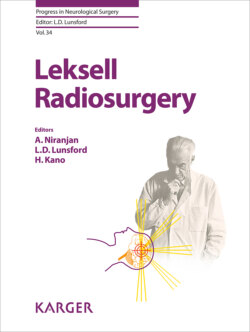Читать книгу Leksell Radiosurgery - Группа авторов - Страница 75
На сайте Литреса книга снята с продажи.
QI Registry versus Clinical Trials
ОглавлениеRandomized controlled trials (RCTs) are employed to collect Class 1 clinical evidence. However, for many diseases RCTs are not possible. Moreover, the ever-increasing cost associated with RCTs is prohibitive. QI registries have emerged as useful and cost-effective mechanisms for providing high-quality safety and effectiveness data related to specific interventions. QI is often confused with clinical research activity. QI is defined as a systematic activity which can bring about immediate improvements in health delivery in a particular setting. The QI process involves evaluating the procedure and learning from experience. It is an ongoing process which health care providers undertake as their responsibility. This makes it very different from research. However, because QI activities are data driven and involve human subjects, these are sometimes confused with research activities. Asher et al. [3–5] highlighted the significance of patient registries in neurosurgery as well as associated regulatory constraints. Radiosurgery has a robust supporting literature which makes the completion of new RCTs difficult [6]. Radiosurgery is an ideal procedure for QI registry because it is uniform and has well-defined indications.
